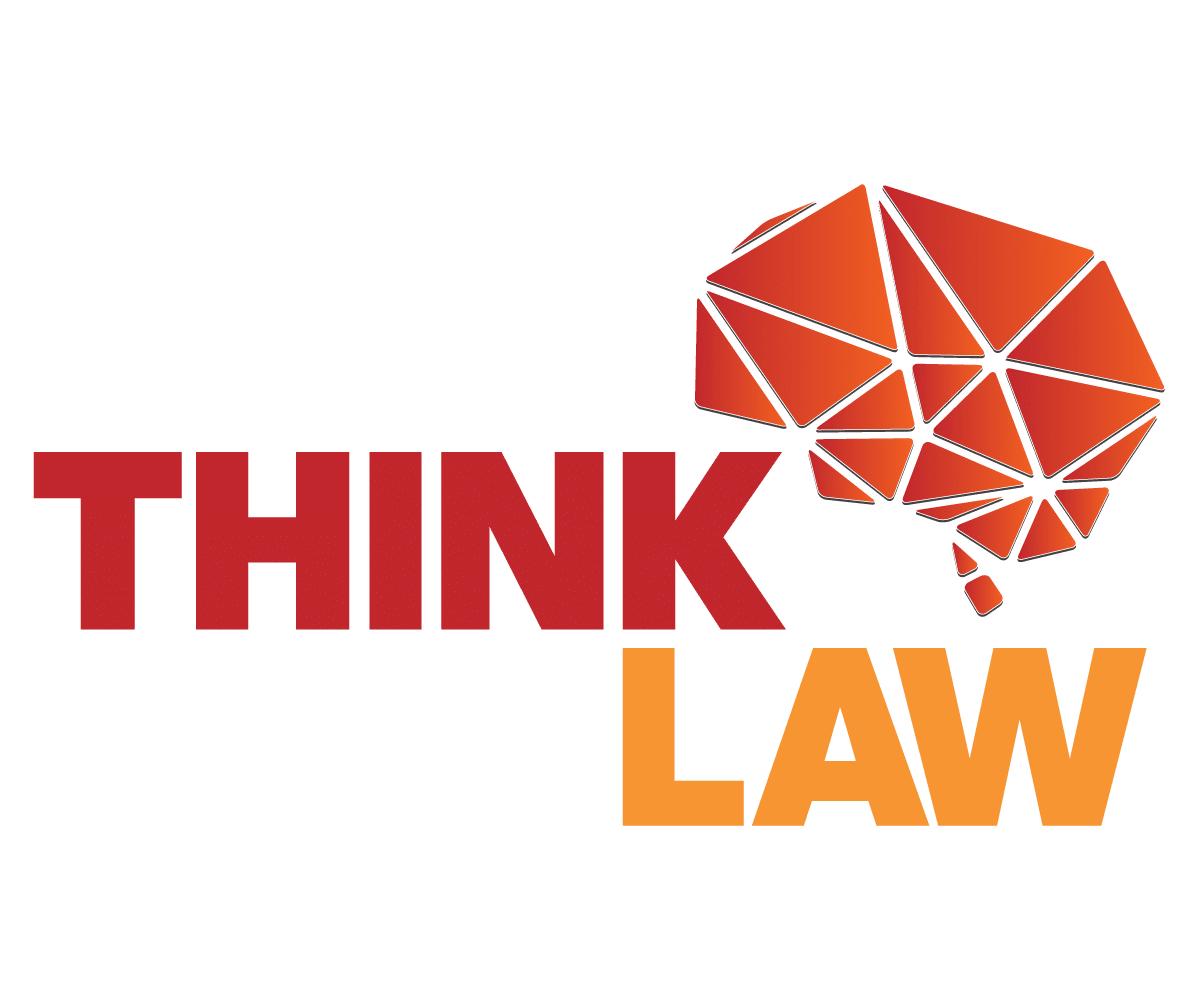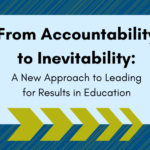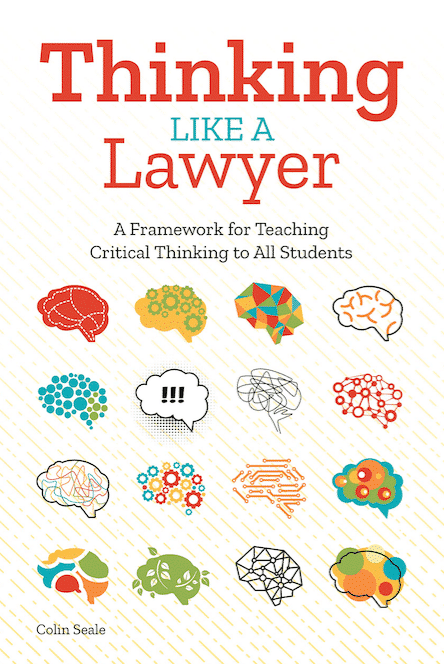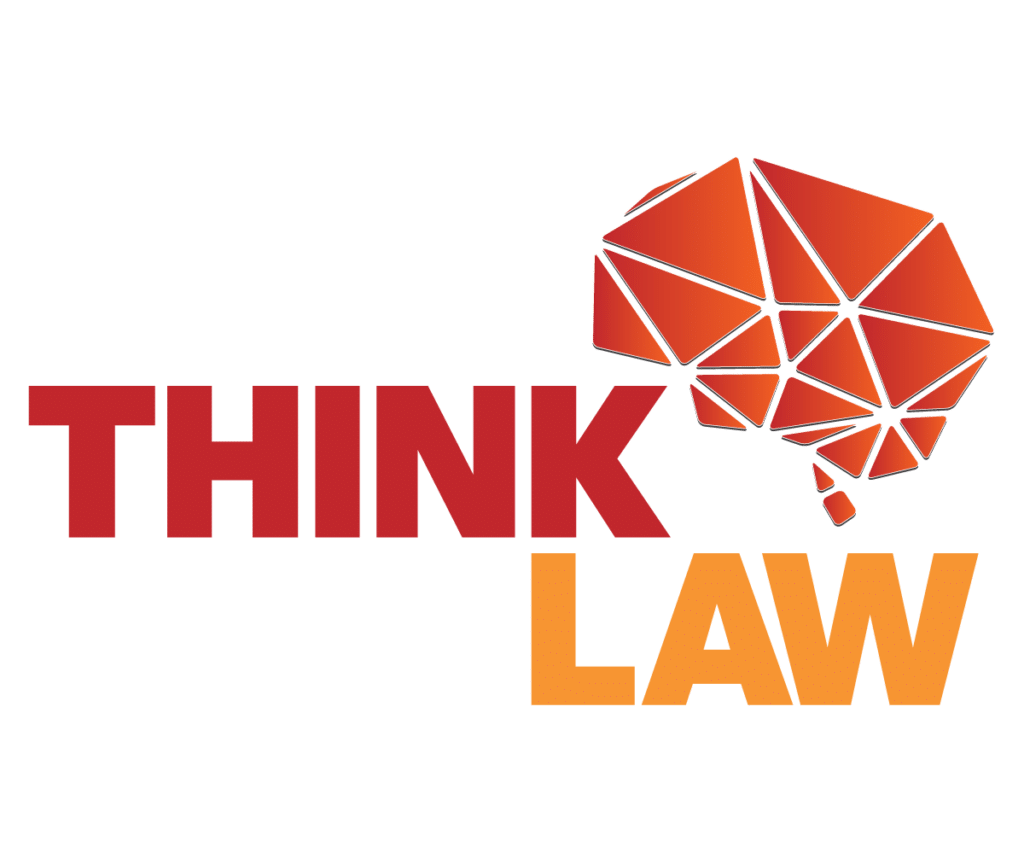The New York City Department of Education is the largest school district in the U.S., let alone the world, and serves more than 1.1 million students across 1,800 schools. For the 2017-18 school year, thinkLaw launched in three Title I middle schools: MS 226 in South Ozone Park, Queens, MS 217 in Jamaica, Queens, and MS 57 in Bed-Stuy, Brooklyn.
thinkLaw Founder/CEO Colin Seale is excited to see students using thinkLaw in his hometown as a way to give more students access to the amazing educational opportunities he had growing up. “I was lucky to be a part of gifted and talented programs in traditional NYC district schools where teachers pushed us with rigorous, engaging material. But there is no reason the critical thinking instruction I had access to should be a luxury good. So I’m proud to see all students in our NYCDOE partner schools, from the highest-achieving to those in self-contained classrooms have access to thinkLaw’s law-based critical thinking program.”
Check out why School Leaders and Teachers at MS 226 and MS 217 are so excited about thinkLaw!
New York City Middle School 226
Rushell White, M.S. 226’s Principal, immediately saw the potential value of thinkLaw for her students:
“I initially struggled with college level writing. Then one day, one of my undergraduate professors told me I needed to ‘write as though I was an attorney proving a case.’ This analogy made sense to me, helping me understand the importance of having well-structured, persuasive arguments supported by evidence. Not only did I fall in love with writing, but earned both Bachelors and Master’s Degrees in English! This is why I’m excited to have thinkLaw’s program, which is based on real-life legal cases to help our students be better persuasive writers and critical-thinkers.”
Her teachers are already seeing the impact. April Simpson, a teacher at M.S. 226 comments about early successes with her students after introducing the “The Chair and the Stick Part 1” lesson:
“In this lesson, students finally abandoned the need for being right. They could think critically and prove their answers through the facts of the case. As a teacher, that was a breakthrough moment for me. Engagement was at its peak and discussions almost continued into another class period. When students say to me “Do we have to end?” you know, that as a teacher, you’ve won!”
April goes on to comment a bit about her role as a facilitator and how her observations as students build their confidence and strengthen their critical thinking “muscles” as they apply their new learning:
“When facilitating, I enjoy playing the “good cop/bad cop” when introducing different cases in the thinkLaw program. Students begin to take their critical thinking to a higher level and they are confident when speaking their minds. They refer to the case when supporting their thinking and this makes me believe I am truly training up lawyers.”
New York City Middle School 217
We reached out to Michelle Suarez, a 19 -year veteran teacher at M.S. 217, to see how the experience was going with her students implementing the program after-school:
“This is the first time in my 19 years of teaching that I’ve done any type of after school program. When I was first approached to be a part of the program, one of my fears was that the students would have no remaining energy and drive after a long school day to fully enjoy an additional academic program. I was wrong and so the part that I enjoy most about the program is witnessing the motivation of my students to participate in this program even after a long day of work. They are learning how to think critically by analyzing multiple perspectives while having fun. It’s especially wonderful to watch students who are not usually engaged in other classes come alive in this program.”
“When I announced the news that there would be no thinkLaw program, I was amazed as to how many students were genuinely upset. They complained and asked, ‘ what does the weather have to do with it?” I replied that I thought that they would’ve been happy to go home early. The students exclaimed, “NO!” They were really disappointed…”
thinkLaw is excited to continue to work with both M.S. 226 and M.S. 217 as part of our vision to create a world where critical thinking is no longer a luxury good!
If you would like to learn more about how to engage your students in relevant, exciting critical thinking content, please click here to schedule a time to speak with someone on the thinkLaw team or call us now at (702) 318-7512.








Leave a Reply